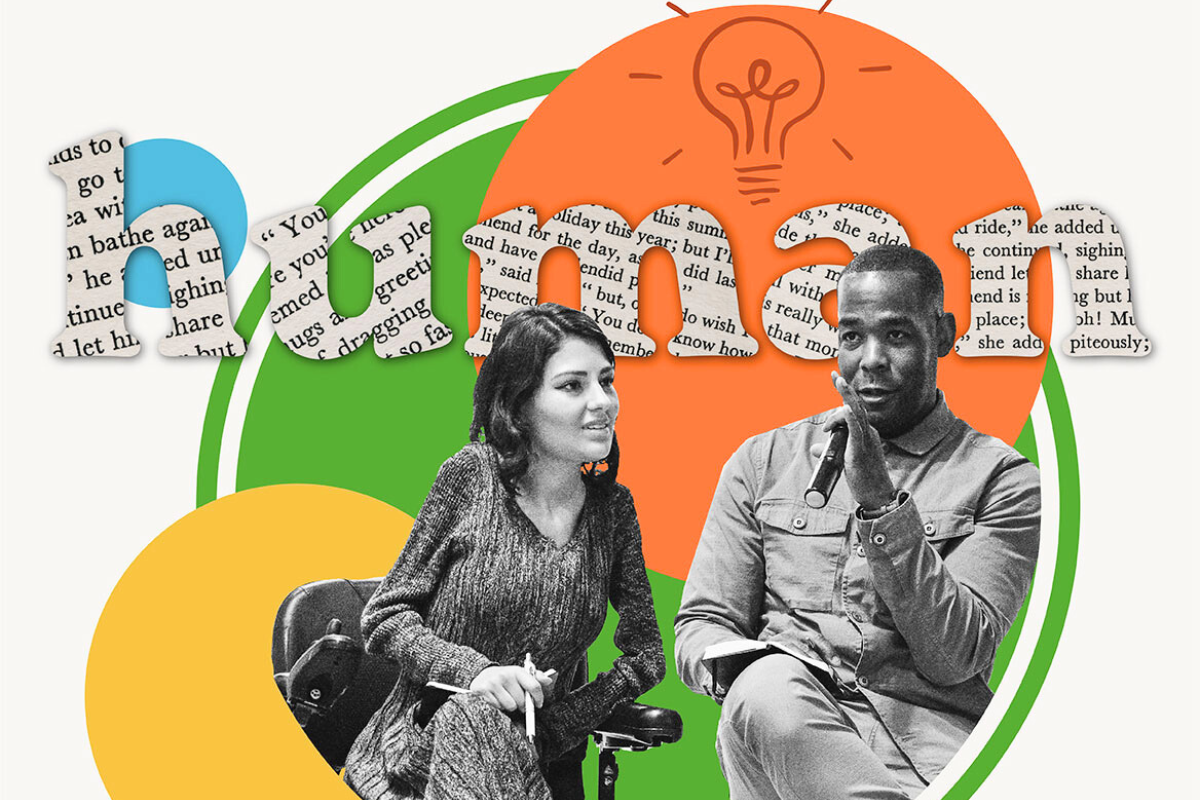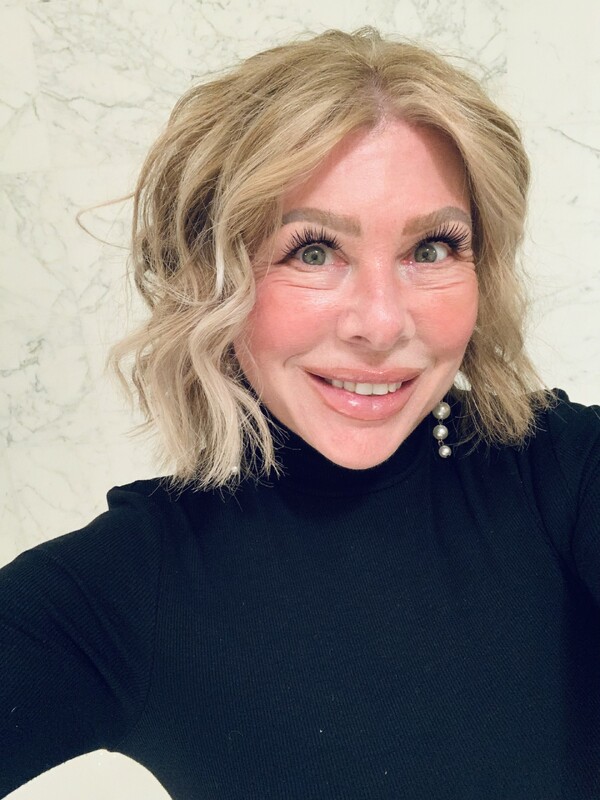-
Title
-
Deena Pyle
-
Quote
-
"The humanities invite slowness and reflection. They invite us to listen, to imagine, to connect across time and culture and experience. They teach us that the things we struggle with today—identity, grief, ambition, love, injustice, hope—are not new. We are part of an ongoing human conversation, and our questions are shared ones.
-
Story
-
I remember a lot from third grade—the cursive, the times tables, recess, and even who sat next to me—but I especially remember our brief, but transformative Mythology unit.
It was at Orem Elementary School, in a brand new two-level, open-concept school building that already spoke to me of new life and possibilities. It was in our second-floor classroom overlooking the library at the center of the school when I was first introduced to stories older than language. We opened what seemed to my small 3rd-grade hands to be massive books…straight to the unit on Ancient Mythology— Greek, Norse, and Roman, mostly—and from that moment on, something in me lit up. The stories were wild, sometimes dark, and full of impossible creatures and flawed gods, but they felt strangely…familiar. I didn’t have the words for it then, but I do now: mythology didn’t just teach me stories. It introduced me to a pattern of thinking, a lifelong way of seeing.
While other kids laughed at the idea of a woman turning into a tree or rolled their eyes at the complexity of the gods’ rivalries, I was transfixed, transported, and transformed. I devoured every myth I could find. I wasn’t just reading stories—I was discovering the symbolic language of being human. I saw myself in Persephone’s descent and return, in Icarus’s ambition and fall, in Athena’s wisdom and isolation. These weren’t just characters to me; they were mirrors. Even at eight years old, I felt like mythology was holding out a lantern to the parts of myself I didn’t yet know how to name.
I re-read certain myths over and over again. The repetition was part of the ritual. Each retelling deepened my understanding of what the story was really about: not just the literal events, but the emotional terrain beneath them. I learned that stories could carry multiple layers of truth — and that myth, while not “real,” could be deeply true.
That early fascination turned into something more enduring — a hunger to understand why people do what they do, how we make sense of suffering, and how we express the inexpressible. Mythology was the gateway, but soon it opened into the larger landscape of the humanities: literature, philosophy, art, religion, culture. I didn’t think of it that way at the time — I just knew I had questions, and the stories had patterns that helped me search for answers.
Years later, I studied comparative religion, anthropology, and philosophy in college. I kept coming back to those early stories—but now I had words like “archetype” and “symbolic structure” and “collective unconscious.” I learned how Joseph Campbell traced the hero’s journey through time, how Jung looked to myths as a window into the psyche, how cultures all over the world used myth not just to entertain but to transmit meaning. And suddenly, it made perfect sense why third-grade me had felt such a strong pull. Mythology wasn’t a hobby—it was an inheritance—a human technology designed to explore the unknown.
The humanities gave me tools to hold contradictions, to explore nuance, to ask better questions. They taught me to be skeptical of the easy answer and open to the poetic one. They showed me how every story is shaped by its context and yet how some stories endure across centuries because they speak to something deep and universal. In every role I’ve taken since—whether writing, leading, facilitating, or just being a human in community with others—I’ve leaned on what mythology first taught me: that symbols are powerful, that meaning is made not found, and that we are always living stories.
Looking back, I marvel at how that one unit in third grade set all of this in motion. No one at the time framed it as life-changing. It was just part of the curriculum. But it was more than a lesson—it was an opening. It was the first time I understood that school wasn’t just about knowledge; it was about resonance. It was about finding the places where your curiosity tugs hardest and following them like a thread. And for me, that thread led into the very heart of the humanities.
Over the years, I’ve returned to the myths often…sometimes in formal ways, like during study or teaching, and sometimes in quieter, more personal ways. When I’m facing a transition, I think of Inanna’s descent. When I’m lost in uncertainty, I revisit the story of Odysseus. When I need courage, I remember Artemis in the forest. These stories have become more than tales—they’re companions.
In a time where speed and certainty often dominate our public life, the humanities invite slowness and reflection. They invite us to listen, to imagine, to connect across time and culture and experience. They teach us that the things we struggle with today—identity, grief, ambition, love, injustice, hope—are not new. We are part of an ongoing human conversation, and our questions are shared ones.
And it all started in a third-grade classroom in Orem, Utah, where my small hands cracked open a book of myths and unknowingly changed the way I would see the world.
So, when people ask me why the humanities matter, I think of that child at her desk, spellbound by myths older than the alphabet. I think of how those stories shaped the way she would grow, how they gave her language for wonder and structure for seeking. I think of how they gave her a lifelong compass—not toward answers, but toward meaning.
And I tell them: the humanities don’t just teach us about the world. They help us feel at home in it.


